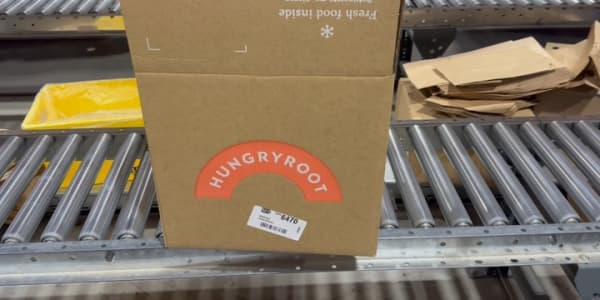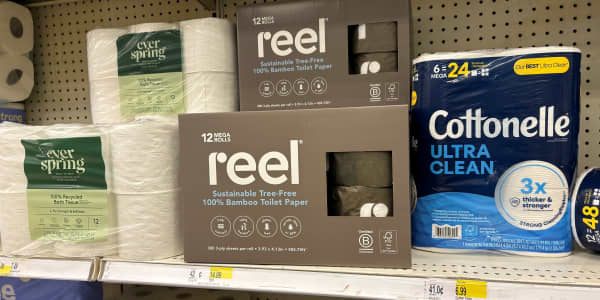The home is increasingly becoming a command hub for all kinds of smart technology and smart power. One major component of that, however, is not very smart at all: the electric panel. It hasn't changed much in about 75 years.
With electrical power for home, vehicle, solar and battery backup increasingly running off the same system, the race is on to reinvent the panel. Companies like Lumin, Schneider Electric and startup Span are making the systems smarter.
The Span panel is capable of measuring every circuit in your home and giving you, as the homeowner, control over the dials. The device connects to an app that shows the source of a home's power, whether from the grid, solar or battery, so the user can see what and how much energy their house in consuming.
"The Span homeowner app gives you incredible visibility on what's happening in your home in real time," said Arch Rao, founder and CEO of the San Francisco-based company.
That's increasingly important for climate resiliency.
"More homeowners are starting to understand that having a home battery or an electric vehicle that can back up your home during outage is critical," Rao said. "The Span panel is increasingly becoming a default solution when paired with resiliency products."
Rao, who previously helped develop Tesla's Powerwall, says he hopes Span will be in 10 million homes by the end of the decade. So do his investors, who don't seem concerned about the $7,000 price tag.
"It's obviously not a cheap product, but when you look at the alternative solution of if you have to upgrade your circuit breaker and upgrade your supply from a utility that gets very expensive," said Greg Wasserman, head of private climate investing for Wellington Management, one of Span's backers.
Buyers of the Span panel are eligible for tax incentives that apply to both the product and its installation. The company says there are cases where those incentives bring the total cost of ownership close to zero for low-to-moderate income earners.
Some homebuilders are adopting the Span panel because it reduces the costs for new builds. But Rao said the vast majority of his business today is still retrofits, adding that many of the new electrical options for the home, especially electric vehicles, require a system upgrade, including replacing the panel.
Span has raised a total of over $230 million from investors including Wellington, Wireframe Ventures, Capricorn Investment Group, Munich Re Ventures, Fifth Wall and Amazon's Alexa Fund.
CNBC producer Lisa Rizzolo contributed to this piece.







